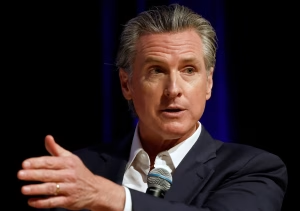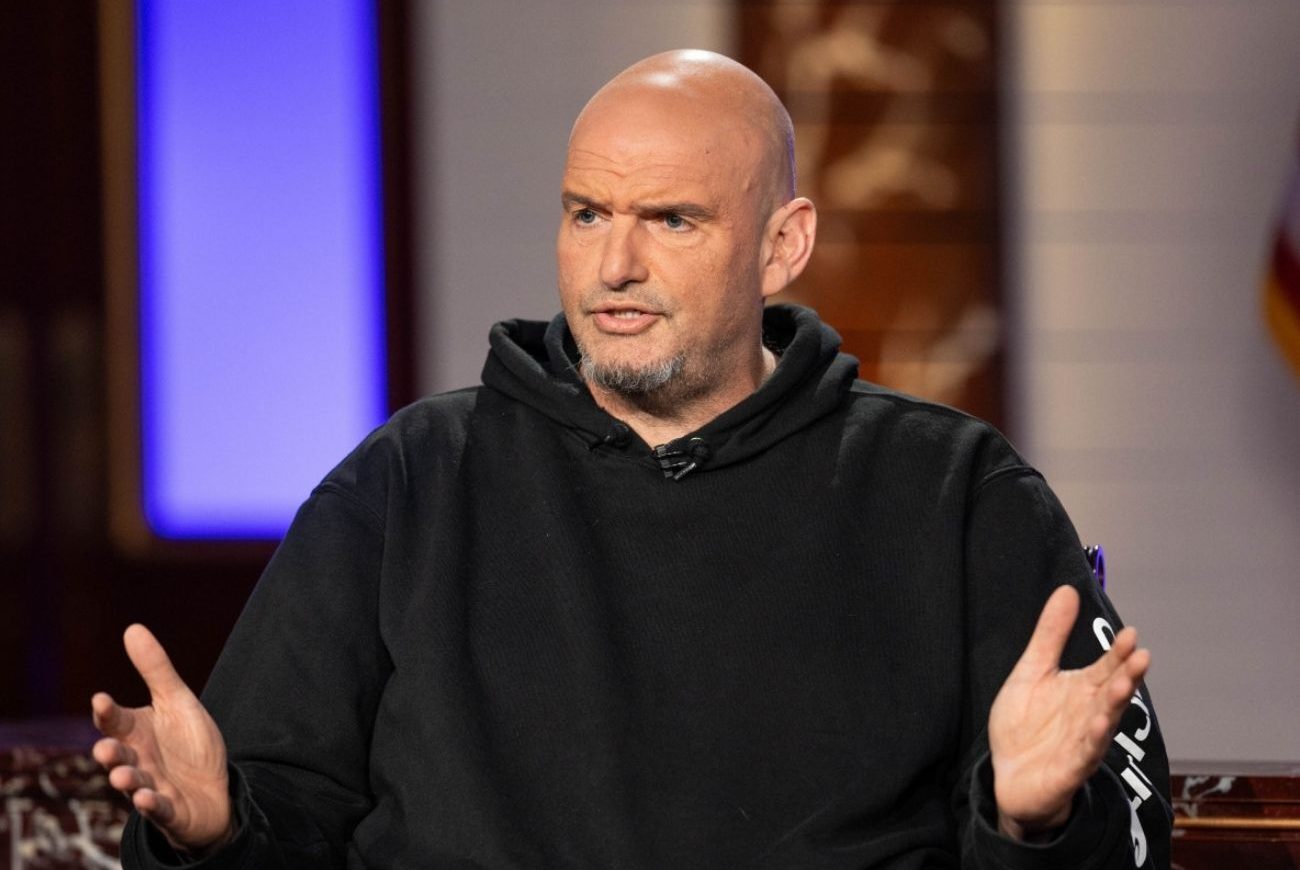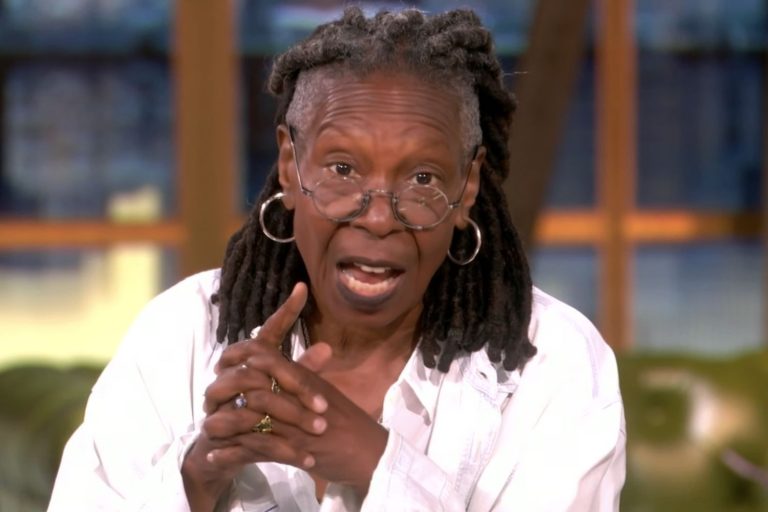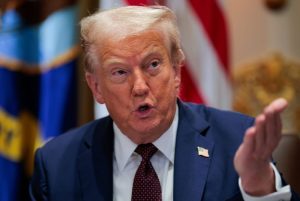Pennsylvania Sen. John Fetterman continues to chart an unusually independent course in Washington, breaking ranks with Democratic leaders on multiple high-profile issues — and earning both praise and backlash for his willingness to align with former President Donald Trump on select policies.
The tension within Fetterman’s own party is reportedly growing. According to Axios, several prominent Pennsylvania Democrats — including Rep. Brendan Boyle, Rep. Chris Deluzio, and former Rep. Conor Lamb — are being floated as potential challengers to Fetterman in 2028, when his seat is up for re-election. The Daily Mail added that conversations within the state party have intensified amid frustration over his unpredictable positions.
When asked about the speculation, Fetterman brushed it off with characteristic sarcasm. “Enjoy your clickbait!” he told an Axios reporter, before curtly adding, “Please do not contact.”
People close to the senator say he is unfazed by talk of a potential primary challenge. According to the Axios report, Fetterman has long seen himself as a national voice for a post-establishment Democratic Party — and some allies believe he may even harbor future presidential ambitions.
Fetterman’s Support for Trump’s Foreign Policy
Fetterman’s latest break with party orthodoxy came during an appearance on Fox News’ Sunday Morning Futures with Maria Bartiromo, where he expressed strong support for President Trump’s proposed peace deal between Israel and Hamas.
“I felt absolute elation,” Fetterman said, praising the agreement and calling it a “moment of real leadership.” His comments stood out sharply from those of most Senate Democrats, who have been reluctant to give Trump any credit on foreign policy matters.
Asked whether he feared political fallout from his remarks, Fetterman replied that he refuses to let party politics dictate his views.
“Regardless of what the base might want … I think it’s the right thing,” he told Bartiromo. “My kinds of positions are reasonable, because I’m not going to follow just the party line. I’m going to think independently.”
That sentiment — independence above party — has become Fetterman’s defining trait in Washington.
https://twitter.com/VigilantFox/status/1978624341903618424
Calls to ‘Lower the Temperature’
In another recent interview with CNN’s Manu Raju, Fetterman urged fellow Democrats to tone down their rhetoric toward Trump and his supporters, saying the constant comparisons to authoritarian figures were “irresponsible and counterproductive.”
“I think you just don’t ever, ever compare anyone to Hitler and those kinds of extreme things,” he said. “Trump is not an autocrat.”
Fetterman then referenced the recent assassination of Turning Point USA founder Charlie Kirk, calling the incident a tragic example of the dangers of escalating political hostility.
“Now, look what happened to Charlie Kirk. I mean, the man was shot,” he said. “We have to turn the temperature down. This is not an autocrat. This is a product of a democratic election.”
His comments quickly drew attention across both political camps — with some conservatives applauding his tone and many progressives accusing him of normalizing Trump’s behavior.
A Maverick Within His Own Party
Fetterman’s independent streak has earned him both admiration and isolation. On DailyMail+’s Power List of top Democrats, released earlier this summer, he ranked seventh overall, placing just behind Sen. Bernie Sanders — despite his frequent breaks with party leadership.
Fetterman’s willingness to vote with Republicans on key issues has made him a rare figure in the Senate. During the recent federal government shutdown, he was one of only three non-Republicans to back the GOP’s temporary funding package before the shutdown began.
He later criticized his own party for the budget impasse.
“Shutting the government is really what the Democratic Party wants to do,” Fetterman said during a NewsNation town hall at the Kennedy Center. “The Obamacare subsidies were designed by the Democratic Party to expire. This is not something taken by the Republicans.”
Those remarks struck a nerve among Democrats, who accused him of undermining party unity during a politically sensitive standoff. But Fetterman’s allies say his frustration reflects the sentiment of many working-class voters who feel detached from elite political narratives.
Fetterman’s Political Roots
John Fetterman’s rise to national prominence began with his unconventional 2022 campaign, where he defeated celebrity physician Dr. Mehmet Oz by more than two percentage points, securing 51.17% of the vote.
His earlier victory in the Democratic primary was even more decisive — beating then-Rep. Conor Lamb by a 2-to-1 margin, cementing his reputation as a populist outsider within the party.
Known for his hoodie-and-shorts image, Fetterman built his political brand around authenticity and blunt talk. His supporters credit his working-class appeal and down-to-earth demeanor for helping him connect with voters beyond traditional party lines.
However, that same independence has increasingly put him at odds with national Democratic figures.
Party Backlash and Possible 2028 Challenge
Reports of an organized effort to challenge Fetterman in 2028 reflect growing anxiety among Pennsylvania Democrats who fear his maverick streak could jeopardize the party’s unity and messaging.
Sources cited by Axios and The Daily Mail described informal discussions among potential contenders like Boyle, Deluzio, and Lamb, each of whom has deep ties to the state’s political establishment.
While no formal campaign plans have emerged, several donors and strategists are said to be exploring the feasibility of a primary challenge should Fetterman continue distancing himself from Democratic leadership.
When asked by reporters whether he believed Democrats could still win back White working-class men, a demographic once central to the party’s coalition, Fetterman gave a candid response.
“I don’t know,” he said. “And truthfully, I’m not sure if that’s possible, to be honest.”
That remark encapsulated the larger divide within the Democratic Party — between progressives focused on cultural and social issues, and populists like Fetterman who emphasize class, jobs, and national unity.
Independent Path Forward
Despite friction with party insiders, Fetterman’s approval ratings in Pennsylvania remain relatively strong, particularly among independents and blue-collar voters.
Political analysts note that his unapologetic independence could appeal to swing voters in a general election, even if it complicates his relationship with the Democratic base.
Fetterman himself has hinted that his approach is not about political calculation but principle.
“I don’t see it as defiance,” he said in an earlier interview. “I see it as honesty. And if that makes me unpopular in my party sometimes, so be it.”
Whether that honesty will translate into long-term political success remains to be seen. But one thing is clear: Fetterman is determined to rewrite the rules of how a Democrat operates in the age of polarized politics — and that determination is reshaping the conversation within his party from the inside out.

James Jenkins is a celebrated Pulitzer Prize-winning author whose work has reshaped the way readers think about social justice and human rights in America. Raised in Atlanta, Georgia, James grew up in a community that instilled in him both resilience and a strong sense of responsibility toward others. After studying political science and creative writing at Howard University, he worked as a journalist covering civil rights issues before dedicating himself fully to fiction. His novels are known for their sharp, empathetic portraits of marginalized communities and for weaving personal stories with broader political realities. Jenkins’s breakout novel, Shadows of Freedom, won national acclaim for its unflinching look at systemic inequality, while his more recent works explore themes of identity, resilience, and the fight for dignity in the face of oppression. Beyond his novels, James is an active public speaker, lecturing at universities and participating in nonprofit initiatives that support literacy and community empowerment. He believes that storytelling is a way to preserve history and inspire change. When not writing, James enjoys jazz music, mentoring young writers, and traveling with his family to explore cultures and stories around the world.









